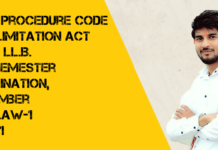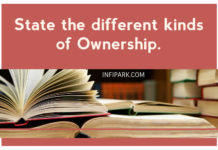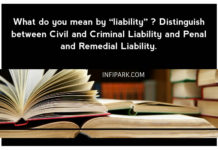Absolute privilege and qualified privilege are two legal concepts that provide protection against defamation claims. They are often invoked in situations where individuals or entities need to make statements without fear of being sued for defamation.
| S. No | Absolute Privilege | Qualified Privilege |
|---|---|---|
| 1. | Express Malice. Absolute privilege is of such a nature that no action will lie for it , however false and defamatory it may be . Presence of express malice can not affect the absolute privilege . As for examples , statements made by the Judges , Advocates or witnesses in a court of law . | Express Malice. On the other hand , qualified privilege is rebuttable by the plaintiff by showing that the defendant acted with malice . It is open to the plaintiff to negative the privilege . As for examples , statements made by the persons about their former servants to the intending employers or about a crime to the police. |
| 2. | Occasion. In the event of absolute privilege , the occasion itself is privileged . Once the occasion is shown , every communication with respect to that occasion is privileged . | Occasion. But in the event of qualified privilege ,the occasion itself is not privileged .Interest or duty is to be shown to exist for making the communication . |
| 3. | Enquiry. In absolute privilege communications are not subject to enquiry as to whether good faith or bad faith are present or not . | Enquiry. Qualified privilege is subject to enquiry to determine the liability or malice . |
| 4. | Irrebuttable. Absolute privilege is irrebuttable . | Rebuttable. Qualified privilege can be rebutted by proof of express malice by the defendant . |



















